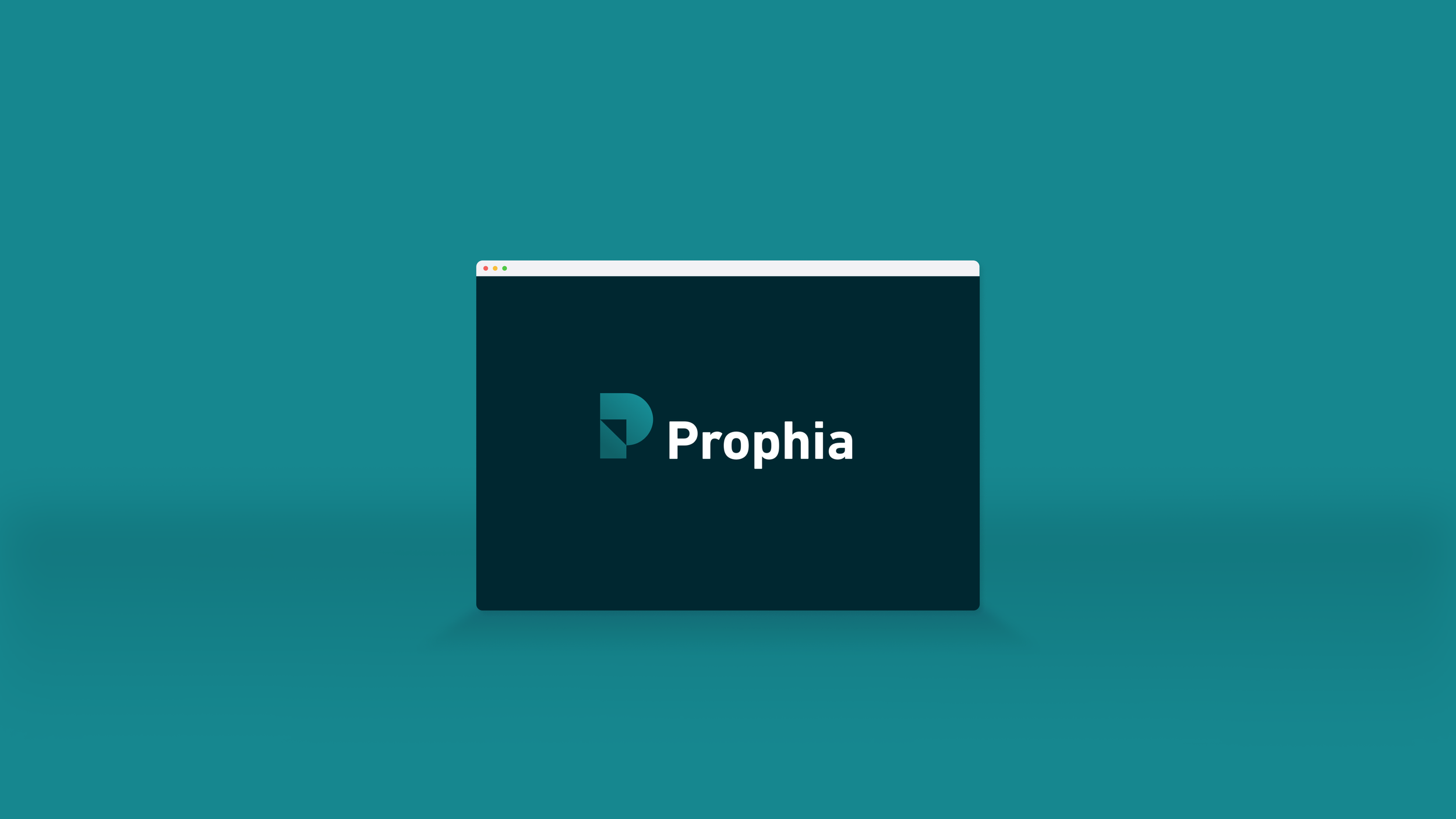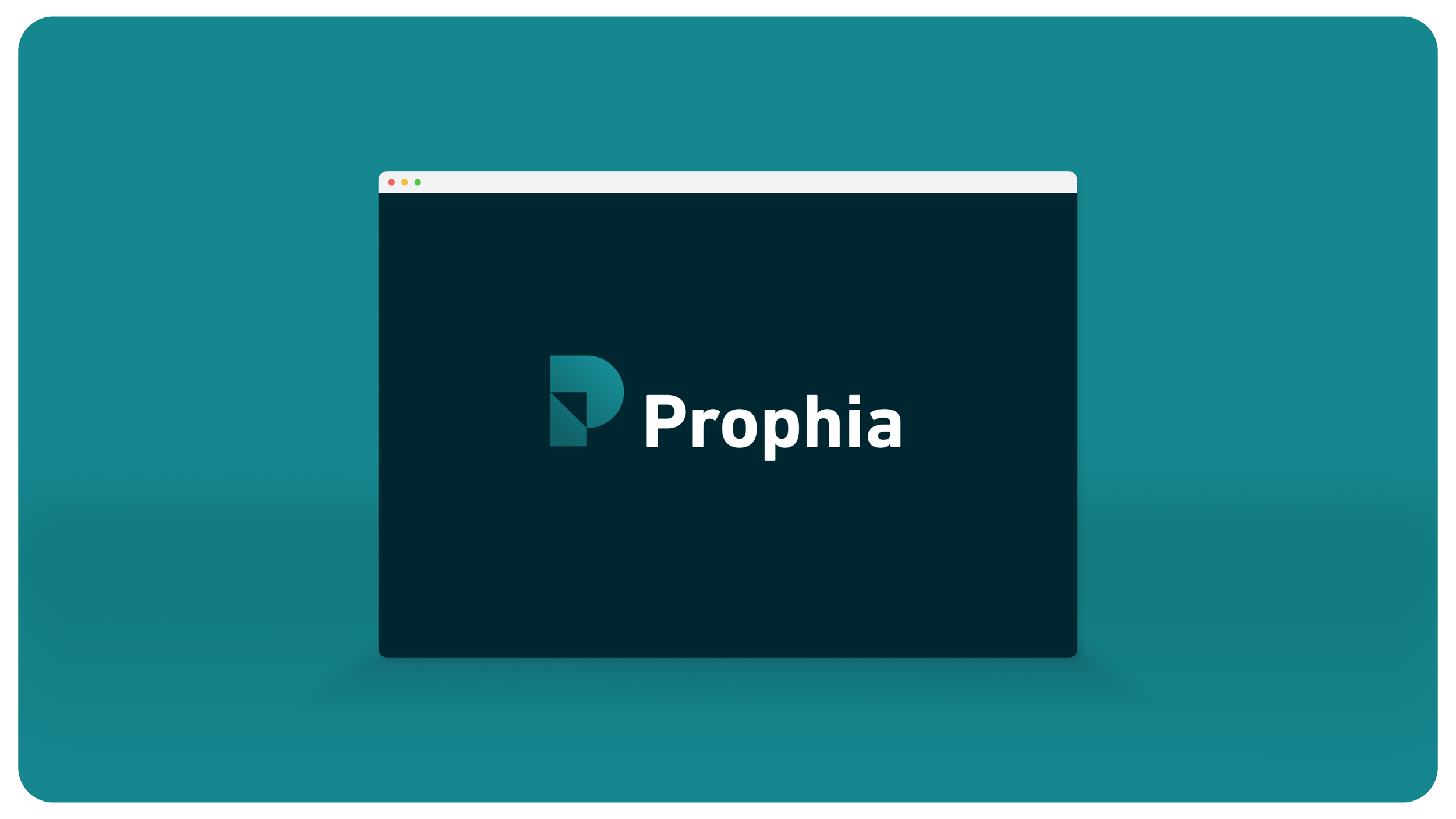
Prophia

Prophia Markets an AI Solution to Tech-Shy Decision-Makers
Commercial real estate is one of the largest business asset classes in the world. In 2023, the total dollar volume of CRE transactions reached $647 billion. Today, even despite market challenges, single acquisitions can exceed 8 figures, and the leading firms manage empires of leasable space measured in millions of square feet.
Despite the critical role of collaboration between operators, brokers, and investors in driving success, a glaring inefficiency persists: the data powering these billion-dollar deals and organizations remains siloed in the filing cabinets of the largest institutions across the country. This antiquated approach breeds inaccuracies, hinders strategic thinking, and even destabilizes ROI. This data dynamic has also given rise to waves of new tech providers eager to offer their workflow solutions as the end all be all of efficiency for this industry in desperate need of modernization.
As a relative newcomer in the Proptech industry, Prophia, an AI-powered lease data management solution, needed to stand out in this dense crowd and convey a complex technology to an “old school” audience facing a recession.

Prophia’s marketing had to overcome a handful of challenges to elevate the brand to a Proptech mainstay. One of the biggest challenges included making AI sexy to a billion dollar industry that got business done, for decades, in-person with wet ink.
Proptech is nearly a $40 billion industry dominated by corporate giants with massive marketing budgets. Prophia’s marketing team comprised of two people. We were responsible for creating all marketing material, sales collateral, website optimizations, brand assets, as well as scheduling events, webinars, and product updates.
Unlike the VTS', Arguses, MRIs, and Yardis of the world, prospecting high-quality leads meant crafting laser-targeted marketing campaigns. We needed to become educators, shining a light on Prophia's unique value proposition for the forward-thinking CRE firms eager to embrace technology.

1. Marketing Prophia’s AI. Even though the CRE world was still very unfamiliar with AI, there was an opportunity to craft the brand’s story almost from scratch. I wrote extensive educational pieces to demystify AI and MLM concepts for our audience, created use case deep-dives to relate Prophia to role-specific challenges and highlight benefits such as time-savings, recovered capital, and data accuracy. To cap it off, real customer interviews added a human element to our storytelling.
2. Improving brand awareness. As a data-focused brand, it only felt natural to use data to grow Prophia’s brand awareness. I created a process for conducting keyword research and discovering low competition, AI-related keywords and phrases and wove them into certain pieces to boost the site’s traffic. This helped Prophia rise to the top of search results pages for terms such as “real estate due diligence ai” and “lease abstraction software” to reach a wider audience.
3. Defining user personas. We built detailed profiles about the challenges and goals our ideal customers face on a daily and quarterly basis. This helped us empathize with our audience, plot out significant milestones in their year, and place intent behind every piece of content we created. This helped Prophia’s brand make an impression among new users and return users in a market increasingly crowded with tech providers.
4. Working the CRE conference circuit. Conferences were our most lucrative pipeline for qualified leads and we prioritized them in our marketing strategy throughout the year. This included sponsoring conferences led by Realcomm, IMN, and BisNOW, creating conference-specific marketing materials for LinkedIn and email blasts, and participating in panel discussions.
5. Understanding CRE market seasonality. Mapping key players' tech spending patterns and identifying major deal periods enabled us to align our content strategy with market fluctuations. Analyzing quarterly conference schedules provided insights into peak engagement times for prospects. This data-driven approach enabled us to deliver timely and relevant content, fostering stronger connections with potential customers.
6. Leveraging ABM (account-based marketing). By developing granular customer personas, we were able to tailor Prophia's messaging to the specific needs and pain points of different roles within our target market. To amplify our impact, we employed an account-based marketing (ABM) strategy, focusing on key cities like Chicago, Seattle, New York, and Atlanta where our ICPs were concentrated. We curated targeted email lists for these markets, delivering personalized content that highlighted recent acquisitions, industry trends, and upcoming conferences.

Marketing a new technology to a billion dollar industry felt like an insurmountable challenge. And with our small marketing budget and even smaller team, every campaign, every email, or longform piece needed to be highly effective to grow our pipeline of qualified leads and take Prophia from a small start-up to an industry leader.
I developed quarterly content strategies aligned with key industry themes and pain points. Over 16 months, I authored 50+ thought leadership blog posts, executed 300+ email marketing campaigns, and created a variety of materials including event content, client case studies, CRE trade articles, and product videos. This comprehensive content strategy effectively communicated Prophia's value proposition and educated a technology-resistant audience about AI.
Over 75% of all sale’s leads were marketing-generated. This resulted in approximately $780K of new business to date.
Prophia was accepted into the National Association of Realtors coveted Commercial REACH program in 2024.
Prophia’s site organic traffic successfully spiked from 200 visits in January 2023 to 1,700 visits in September 2024.
Organic brand awareness turned around in 4 months and the company began ranking for 630 CRE-related terms organically on Google. 85 of which were 1st page results and SERP features.
Email engagement improved over a 14-month period, the open rate average moved to 15% and the click-through-rate reached 6%.
Every conversion channel on the website, such as user engagement, page views, form submissions, and scrolling increased 79%, 101%, 100%, and 80%, respectively, YoY.
We also exceeded our marketing-generated lead goal consecutively for 7 quarters amidst increasingly challenging economic conditions for our ICP.
Prophia’s marketing and content marketing strategy consistently generated high-quality leads and significantly transformed the brand’s perception in the market. We surpassed our marketing qualified lead (MQL) target for five consecutive quarters and drove sales for nascent technology in the toughest market conditions the Commercial Real Estate industry has experienced in a decade.












